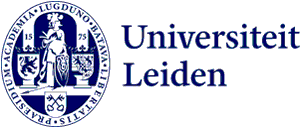LLX roundtable on coronavirus relief fund NextGenerationEU
On Friday 21 May, the Europa Institute held an online roundtable on the European Union’s coronavirus relief fund NextGenerationEU. The roundtable was organised in the context of the Leiden Law Exchanges (LLX). Their aim is to facilitate an exchange of ideas on current legal issues between academics, policy makers and other stakeholders.
Created in response to the economic fall-out of the coronavirus pandemic, NextGenerationEU is financed entirely through EU borrowing on the markets. The majority of the €750bn in funds is distributed through the Recovery and Resilience Facility. Last April, to qualify for support, Member States had to submit their recovery and resilience plans with a focus on climate and digitalisation.
Given its novel design and impact on the Member States, NextGenerationEU brings significant changes to the constitutional and economic set-up of the Union. The roundtable of 21 May was devoted to these changes. Three speakers kick-started the discussion. Mr Jean-Paul Keppenne (Principal Legal Adviser of the European Commission) reflected on the legal construction of NextGenerationEU; Professor Catherine de Vries (Professor of Political Science at Bocconi University and member of the Dutch Advisory Council on International Affairs) discussed its political implications; and Mr Frederik Behre (PhD candidate at the Europa Institute) talked about domestic constitutional views on the instrument. Following these presentations, the floor was open to debate. The meeting was chaired by Dr Vestert Borger, Assistant Professor of European law at the Europa Institute.
The organisers, Vestert Borger and Frederik Behre, would like to thank the speakers and the other participants for their valuable insights and contribution to the discussion.
